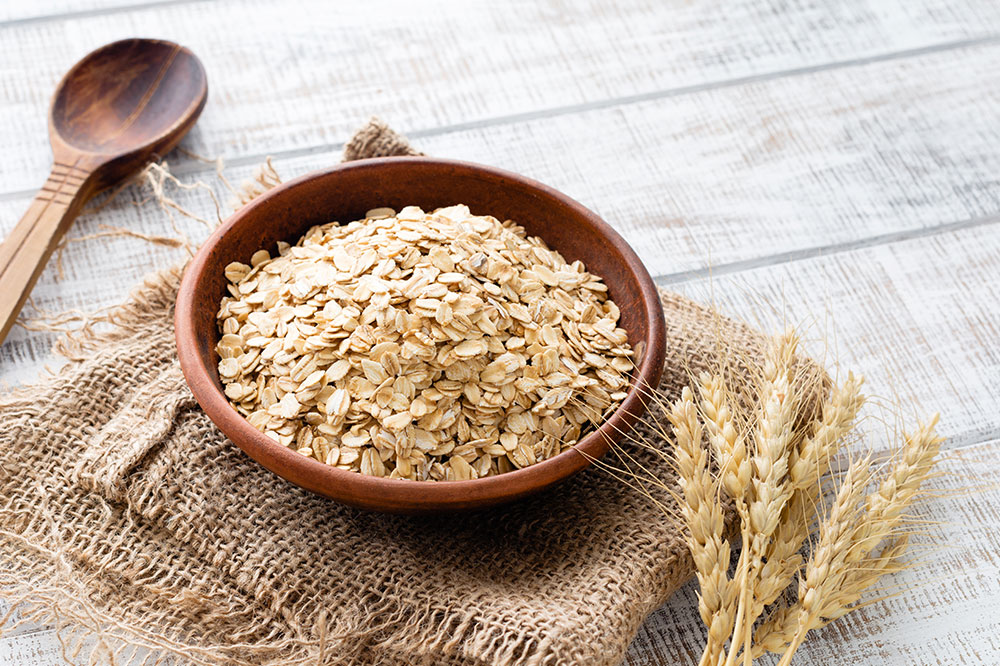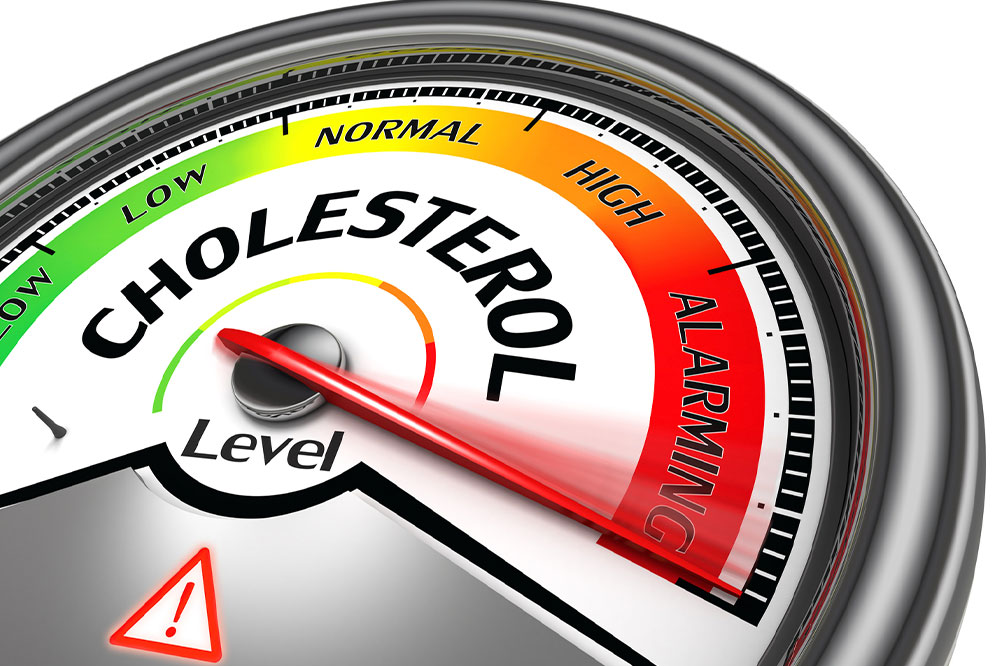Effective Dietary Strategies to Reduce Triglyceride Levels
Learn practical dietary strategies to lower triglyceride levels and improve heart health. This article covers key food choices, including reducing sugars, avoiding trans fats, increasing omega-3 fatty acids from fatty fish, and incorporating high-fiber foods. Lifestyle modifications and regular exercise are also emphasized to maintain optimal triglyceride levels and reduce cardiovascular risks effectively.

Effective Dietary Strategies to Reduce Triglyceride Levels
Triglycerides are a type of fat found in the bloodstream. Elevated levels can boost the risk of cardiovascular issues.
When we eat, excess calories are converted into triglycerides and stored in fat tissues for energy use later. While these fats are essential for energy, excess amounts can increase heart disease risk. Diet plays a critical role in managing triglyceride levels, making mindful food choices vital for heart health.
High triglyceride levels can stem from obesity, alcohol intake, kidney conditions, uncontrolled diabetes, or consuming high-calorie foods.
Approximately 20% of the population faces challenges with elevated triglycerides.
Understanding Triglyceride Readings
Normal triglyceride levels are below 150 mg/dL. Higher levels increase the likelihood of heart issues.
Important numbers include:
Normal triglyceride: under 150 mg/dL
Borderline: 150–200 mg/dL
High: over 200 mg/dL
Very high: over 500 mg/dL
Dietary Approaches to Regulate Triglycerides
Elevated triglycerides can also lead to other health problems like diabetes, thyroid issues, and obesity. A doctor may initially prescribe lifestyle modifications to control levels effectively.
Adopting a nutritious diet is essential for maintaining healthy triglyceride levels and managing other health risks. Here are simple dietary tips to help keep your triglycerides in check by choosing appropriate foods.
Reduce added sugar consumption
According to the American Heart Association, limiting added sugars to 6-9 teaspoons daily is recommended.
Sweets, sugary beverages, and fruit juices are common sources of excess sugar, which can convert into triglycerides and elevate heart disease risk.
Follow a low-carbohydrate diet
Carbohydrates are also converted into triglycerides. Therefore, reducing carb intake can help lower blood triglyceride levels.
This approach also promotes weight loss, positively affecting triglyceride levels.
Increase fiber-rich foods
Fiber decreases absorption of fats and sugar in the intestines, which can help lower triglycerides.
Sources include fruits, vegetables, whole grains, nuts, and legumes. Daily fiber intake is beneficial for triglyceride management.
Avoid trans fats
Found in processed foods and baked goods containing hydrogenated oils, trans fats are harmful and can raise LDL cholesterol and triglycerides.
Eliminating trans fats from your diet can significantly improve your lipid profile and overall health.
Consume fatty fish twice weekly
These fish provide omega-3 fatty acids, which are vital for heart health and lowering triglyceride levels.
Rich sources include salmon, sardines, mackerel, tuna, and herring. The American Heart Association recommends eating fatty fish twice per week for cardiovascular benefits.
Opt for unsaturated fats
Monounsaturated fats (nuts, avocados, olive oil) and polyunsaturated fats (vegetable oils) can reduce triglycerides.
Replacing processed vegetable oils with healthy fats like olive oil enhances your diet's benefits.
Limit alcohol intake
Alcohol is calorie-dense and can cause sugar conversion into triglycerides. Moderation is key, as excessive alcohol increases cardiovascular risks.
Some studies suggest moderate alcohol may have heart benefits, but overconsumption is detrimental.
Include tree nuts
Almonds, walnuts, pistachios, cashews, and other nuts provide omega-3s, fiber, and healthy fats that help reduce triglyceride levels.
A balanced diet, along with regular exercise and mindful eating, plays a crucial role in lowering triglycerides and protecting heart health.










